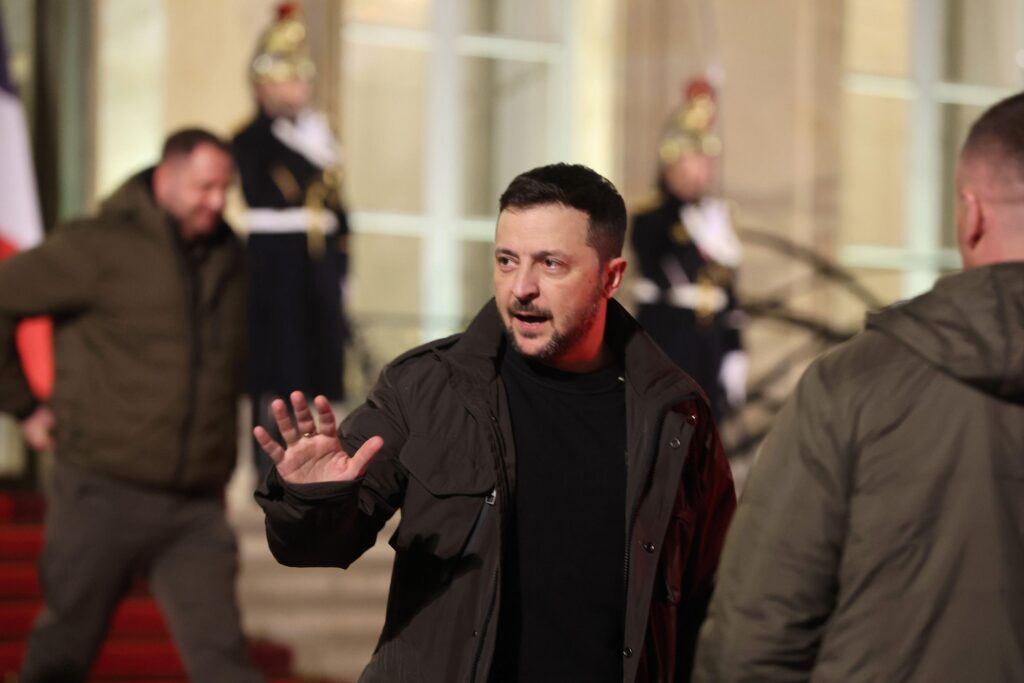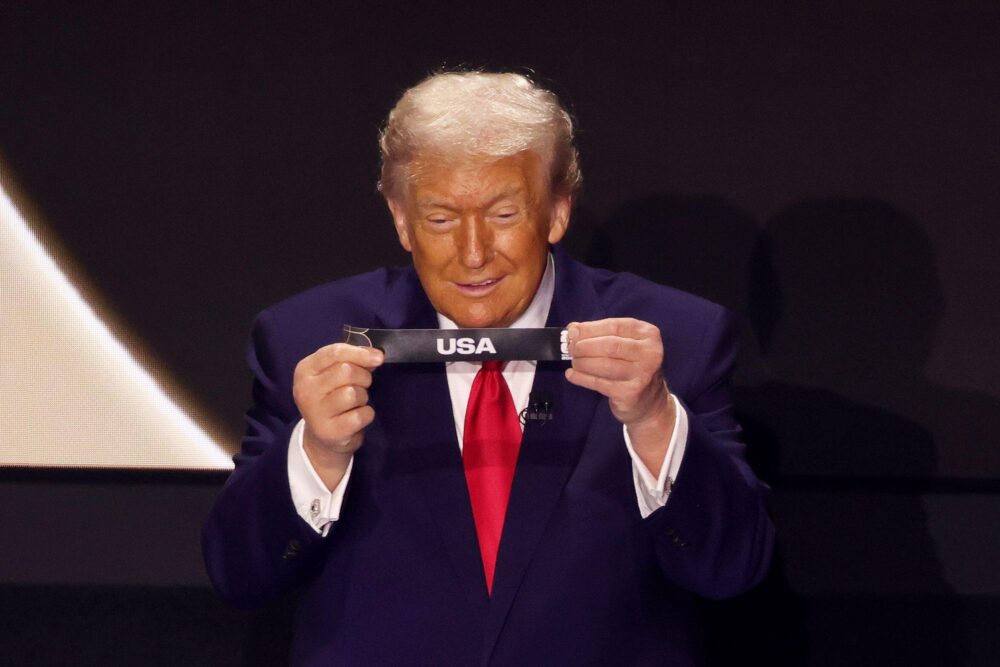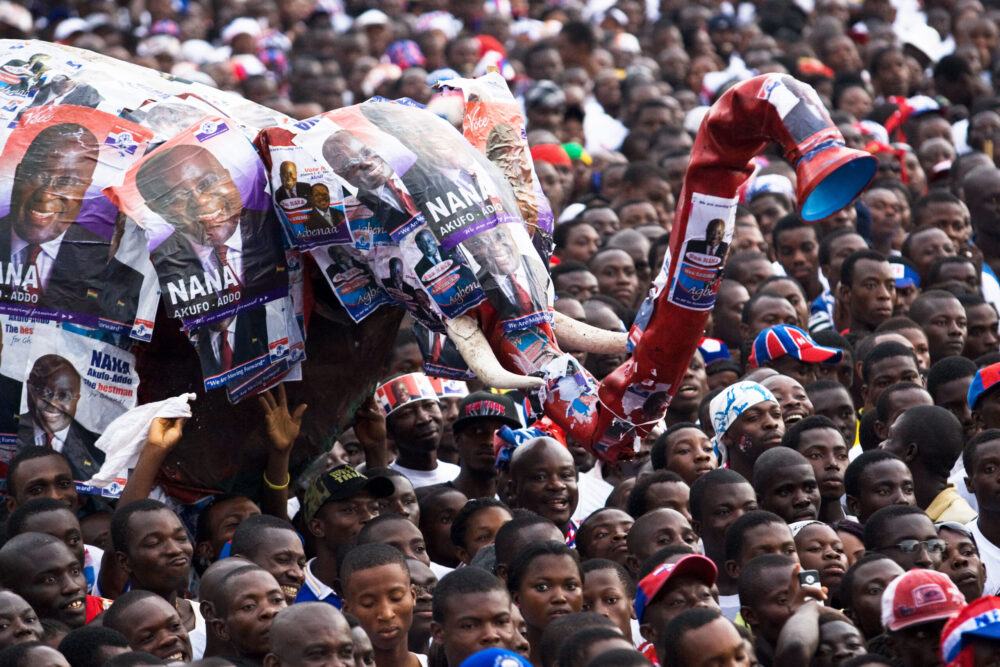
This article first appeared in the Sunday Telegraph
Donald Trump’s campaign promise to end the Ukraine war in a day was rightly taken with more than a pinch of salt. But following his conversations last week with Presidents Putin and Zelensky, and with US special envoy Keith Kellogg due in Kyiv this week, there are rising expectations that a settlement may be on the cards.
Three years after the full-scale invasion of Ukraine, President Zelensky argues that Putin is not preparing for peace and that only heightened pressure on Russia will stop the terror. “Right now, we need the unity and support of all our partners in the fight for a just end to this war,” he said after a rocket attack on Kyiv last week. As my latest polling has found, many Ukrainians believe such unity and support is in short supply.
Fewer than half believe the US or EU countries – let alone NATO – are doing enough to help Ukraine. Though two thirds say the same of Britain, this is down from 74% two years ago. More weapons, tanks and military equipment are what they want most, followed by NATO membership and stricter sanctions on Russia, but there is little hope that they will arrive.
If Ukraine’s faith in the west is weakening, it is with good reason. The days of Ukrainian flags flying from homes and public buildings are long gone. I found the proportion of Americans saying they were already doing too much for the country in both humanitarian and military terms had edged up since 2023; in Britain it has doubled. Nearly half of Trump voters think the US is already doing too much on the military front. On both sides of the Atlantic, opinion has shifted away from pursuing an outright Ukrainian victory and towards a compromise.
After three years of brutal attritional war and the loss of hundreds of thousands of lives, Ukrainians are weary and optimism is harder to find. Fewer than a quarter say the defence of their country is progressing successfully, down from 85% two years ago. While most see a stalemate rather than a Russian advantage, many are less confident that the invasion will be defeated. Not surprisingly, Ukrainians overwhelmingly oppose lowering the conscription age from 25 to 18, as the Biden administration urged last year.
Accordingly, the country increasingly accepts that a settlement will have to be reached through negotiation rather than battle. A large majority now expects a diplomatic solution rather than a military conclusion – the reverse of the case in 2023. Only three in ten believe it is possible for Ukraine to regain all the territory annexed by Russia, and that the country should fight until this is achieved. Most feel they will have to give up land for peace – either because there is no chance of regaining the territory that has been lost through military means or, more often, because the cost of the continuing war is too great. A huge majority wants to start negotiating.
For what it’s worth, many Russians also want to see talks. You might think it odd to cite polling from a country where dissenting views are, shall we say, discouraged, or wonder whether Putin heeds domestic opinion. I agree that we should treat these particular results with a degree of caution. But they are still instructive, especially in showing how many are prepared to defy the official narrative, and how opinion is shifting. While support for Putin appears to remain high and most Russians buy his version of events, I found approval of the “special military operation” in Ukraine drifting down compared to my 2023 survey, especially among those who get their news from something other than Russian state media. Strikingly, nearly half of Russians said life had got worse over the last three years, and when we asked them to say unprompted who they blamed for this, “the federal government”, “the president” and “the conflict in Ukraine” were the top answers. Large majorities say they expect the war to end with a diplomatic solution, and say they want to begin negotiations.
This is not to say the end is imminent. Most Ukrainians think the war will still be going on a year from now. And while most think Trump’s election presages a swifter end to the conflict, only a minority think that will mean a better outcome for Ukraine.
Moreover, willingness to negotiate does not mean peace at any price. The idea of officially recognising their territory as Russian is anathema to Ukrainians. This underlines their commitment to territorial integrity and indeed national dignity, both of which have continually been underestimated by western allies, and a determination to honour the sacrifice of those who have died in their defence. Nor do they have much confidence in the western security guarantees that would surely have to be part of any settlement – and after the failure of the 1994 Budapest Memorandum, in which Britain and the US pledged security assurances in return for Ukraine giving up its nuclear weapons, why would they?
For three years, the west has failed to deliver on its “whatever it takes” rhetoric on defending Ukraine. As we enter the endgame – if that is what it is – we cannot falter any further. Ironically enough, I found that the proportions in Britain and the US who see Russia as a serious threat to their country’s security has crept up at the same time as their willingness to help combat that threat on the front line has wavered. Perhaps there will be a price to pay for that.


